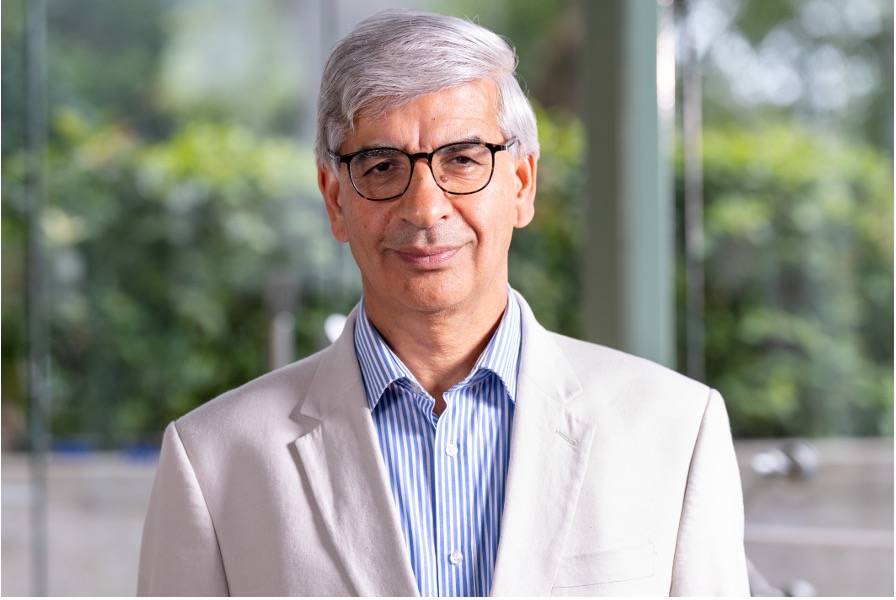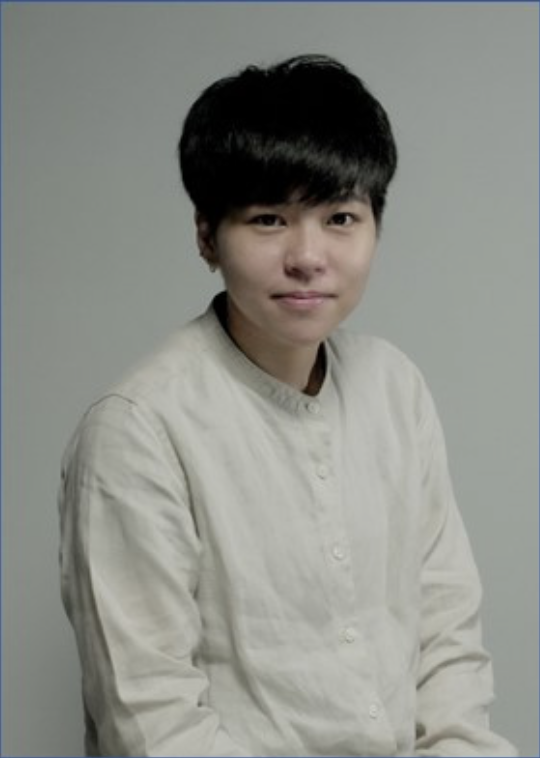Prof. Takao TERUI
05/02/2026 (Thursday) 13:00-14:00 E21-G002 Policy, Production and Platforms: Media Workers’ Conceptions and Adoption of Generative AI in Japan’s Content Industries Abstract: The rapid emergence of generative AI has profoundly reshaped creative industries and intensified global debates about the future of cultural production. In this context, media industry workers and media artists encounter











